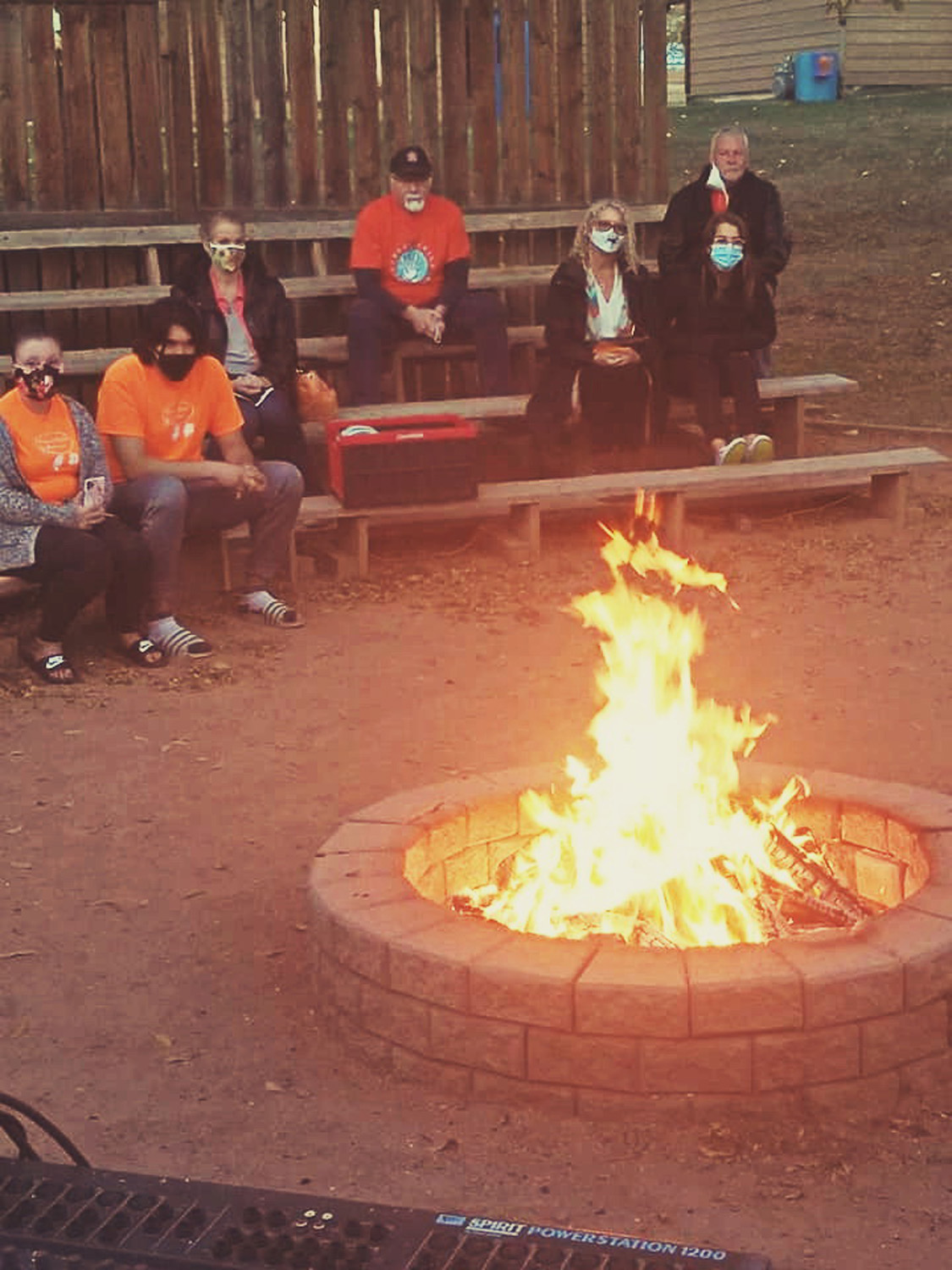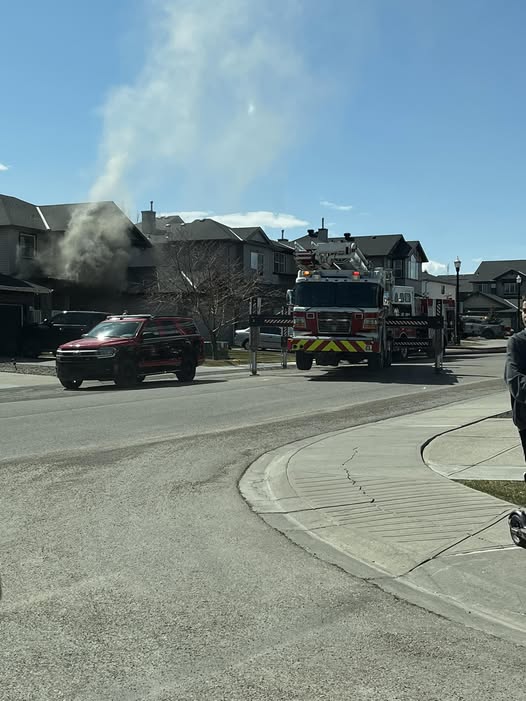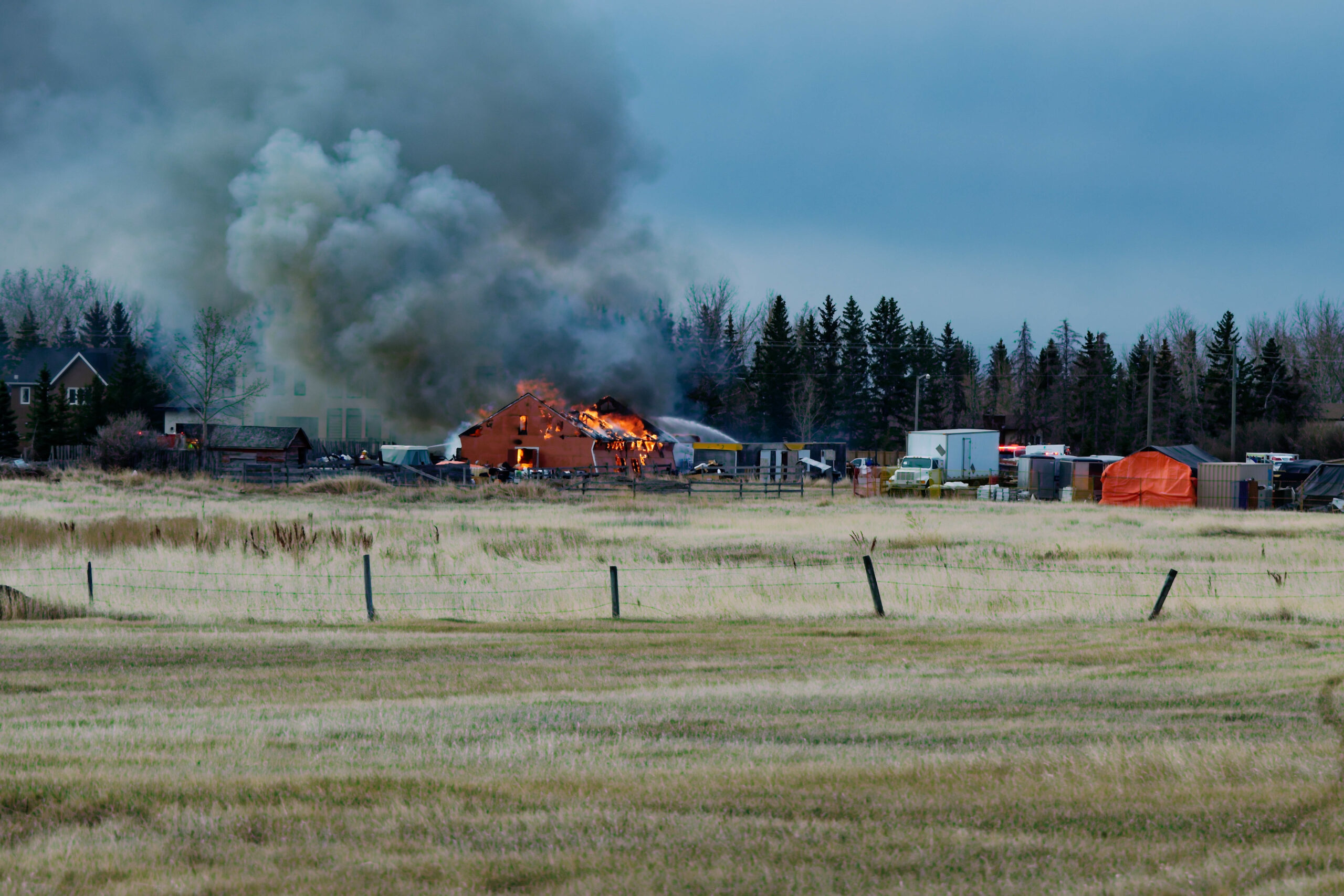Over 70 Chestermere residents attended Orange Shirt Day at Camp Chestermere on Sept. 30.
“It went very well, even better than expected, and we had more people than anticipated,” said Coffee & Culture Founder, Ritesh Narayan.
“The response has been overwhelming with a lot of positive things, there were a lot of people who did not know about Orange Shirt Day, and it was very educational for them. There were a lot of messages that were very emotional, and a lot of gratitude,” he said.
Adding, “I felt that the community really appreciated the event.”
Throughout the event, the Minister of Indigenous Affairs delivered a speech virtually about the importance of being culturally competent, knowing about different cultures, and about the work being done on a provincial level.
“Mayor Marshall Chalmers did a speech, and he talked about the significance of not only acknowledging Orange Shirt Day but also the significance of acknowledging the lands that we live, work, and play on,” Narayan said.
Frank Turning Robe, and his son and grandson of Siksika Nation, performed dances, sang, and told stories of residential schools.
“While he did speak about the prosecution and the pain endured, he then enshrined the importance of healing,” Narayan said.
“The message he left was healing is a process and healing is best done with more people around you, it’s difficult to heal by yourself. The message was very profound,” he said.
Everyone who attended Orange Shirt Day was given a book and were asked to write down the things they learned throughout the evening and encouraged to share it with others to continue the conversation.
“It’s very important to acknowledge the past, no matter how dark it was, so that we don’t make the same mistakes that we made in the past. It’s also important for people to know about and participate in events like this so that people have a better understanding of the state of indigenous people in society today,” Narayan said.
“Indigenous people are overrepresented in the criminal justice system, overrepresented in those who commit suicide, and overrepresented in those that suffer from some sort of addiction. What society does not do enough is try and learn why that problem is. In order to really get to the root of the problem, we need to go back and learn history through indigenous people,” he said.









